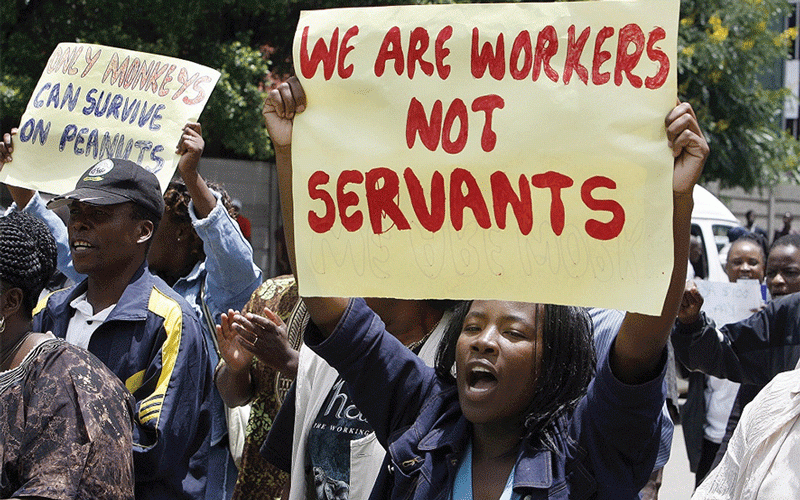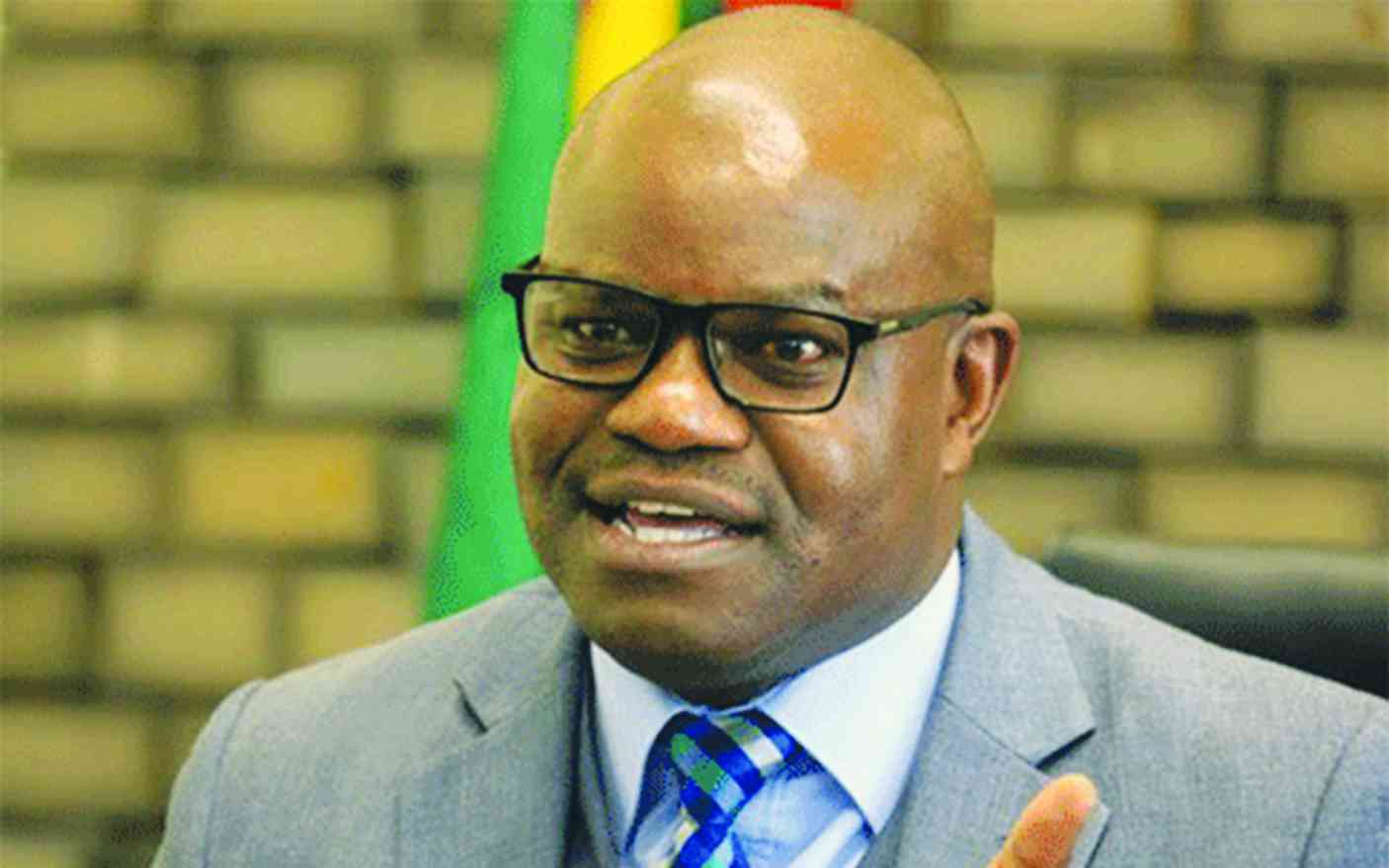
Proposed amendments to the Public Service Act, through the Public Service Amendment Bill, will strip Zimbabwe’s civil servants of fundamental rights to fight for better pay and conditions, legal experts and labour activists warned this week.
Government earlier this month gazetted the Bill, which experts argued seeks to curtail state workers’ constitutional right to collective bargaining.
The state’s workforce spans teachers, nurses, doctors, and thousands of others under the Public Service Commission (PSC). The timing of the move is contentious: these essential workers are already enduring collapsing real wages and unbearable working conditions mostly triggered by economic hardships.
An analytical paper by law firm Matika, Gwisai & Partners argued denying rights such as industrial action placed the Bill in direct conflict with constitutional guarantees, making it a likely violation of fundamental rights.
“The Amendment Bill does not mention that public servants and their collectives, that is, trade unions, have the right to engage in collective bargaining,” the paper argued.
“In fact, the whole Bill mentions the term ‘collective bargaining’ once when it states that service regulations may make provision for collective bargaining; these regulations are made in terms of Section 31 of the Public Service Act.
“They are made by the Commission with the concurrence of the Minister of Public Service, Labour and Social Welfare; they are made unilaterally by the employer party without involvement of the employees or their trade unions, associations or organisations,” the paper argued.
Under the Labour Act, collective bargaining agreements are struck between employers and unions to set wages, conditions of service, retirement benefits, and workplace standards. By comparison, critics said, the proposed legislation hands unchecked power to the PSC, giving the employer sole authority over the fate of civil servants.
- Business opinion: Branding in the age of entrepreneurship and industrialisation (Part 23)
- Business opinion: Branding in the age of entrepreneurship and industrialisation (Part 23)
- As Covid-19 persists, workplace trends to continue shifting in 2022
- As Covid-19 persists, workplace trends to continue shifting in 2022
Keep Reading
“The Bill should have set up a collective bargaining forum or, at the very least, a framework of its existence; instead, the opportunity was sullied.
“There is no framework, there is no forum and there is no right. The current set up of the National Joint Negotiating Forum under the Public Service (Public Service Joint Negotiating Council) Regulations SI 141 of 1997 has proved to be a failure.
“The retention of Section 19 of the Act, which speaks to the Commission’s power to fix and regulate conditions of service without express mention of the right to collective bargaining, is fatal to the interest of the public servants,” the paper said.
It argued that the Bill’s vagueness was a deliberate tactic to preserve state control by omitting critical elements such as binding agreements, dispute resolution mechanisms, or powers of any bargaining forum. Instead, these are delegated to the PSC and the minister through regulations.
“By omitting critical details such as the mention of the right to engage in collective bargaining in the Bill, the binding nature of agreements reached, dispute resolution mechanisms, and the specific powers of the Forum (if any were to be set), the Bill kicks the can down the road.
“It delegates the power to define the entire process to the Commission and the minister through regulations, which means the very government that is the opposing party in the negotiation, will write the rules of the game.
“This is a fundamental conflict of interest and a sure recipe for a system designed to maintain state control, not enable genuine bargaining,” the paper said.
The critique concluded that the Bill creates no new pathway to bargaining. Rather, it circles back to the same broken system.
“The Public Service Amendment Bill does not create a route for collective bargaining; it erects a detour that leads back to the status quo, it provides the appearance of constitutional compliance while meticulously ensuring that the final authority over the public servant’s terms of employment remains firmly where it has always been: in the hands of the executive.”
Amalgamated Rural Teachers' Union of Zimbabwe president Obert Masaraure said the Bill exposes government’s refusal to engage meaningfully with workers on matters affecting their lives.
“We argue that the retention of Section 20 of the Public Service Act demonstrates the government’s unwillingness to let go of the culture of consultation,” he said.
“Consultation is completely different from collective bargaining. We are pushing for the repeal of Section 20 of the Public Service Act,” he said.
“We are further pushing for the insertion of a section which provides the structure of the Collective Bargaining Council that is envisaged. Our model Public Service Act, produced in 2019 and shared with the government, captures these issues in detail,” he said.











